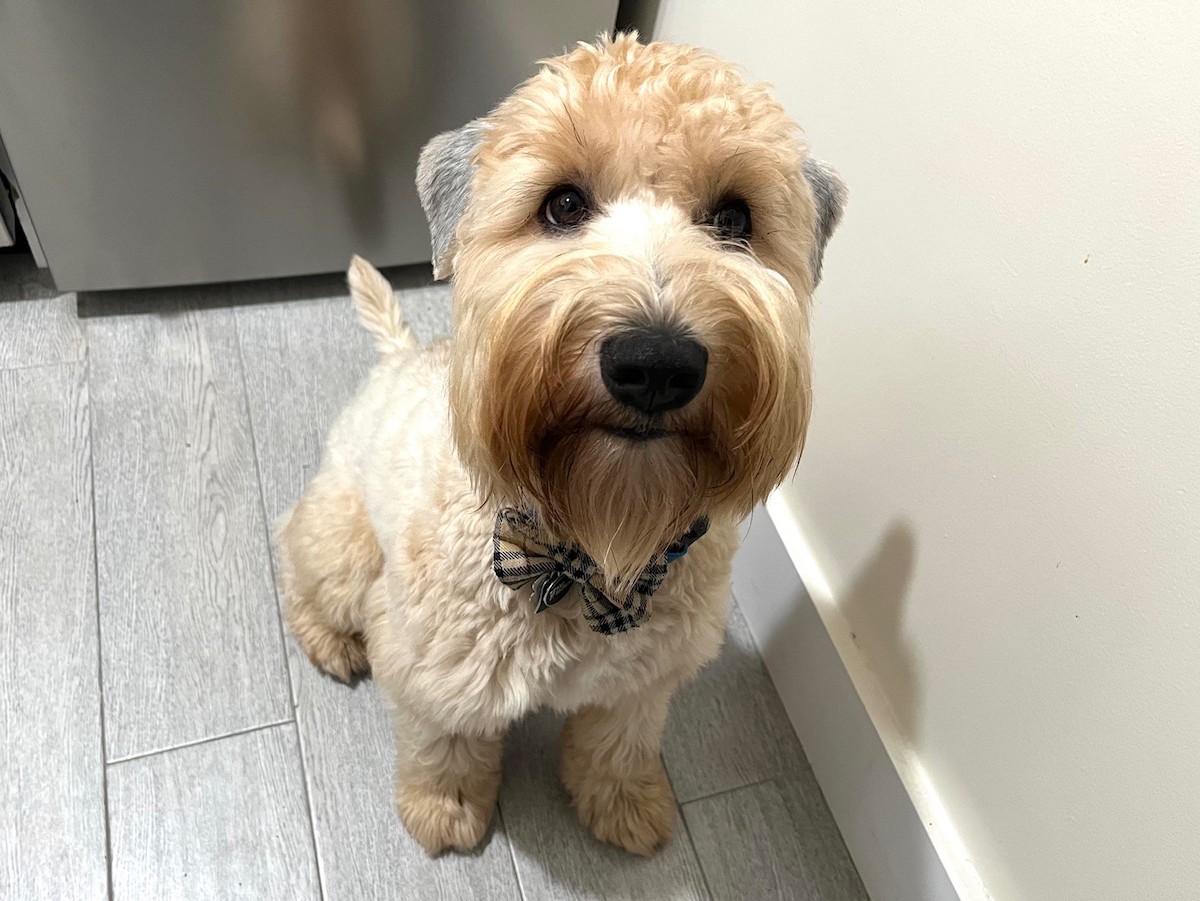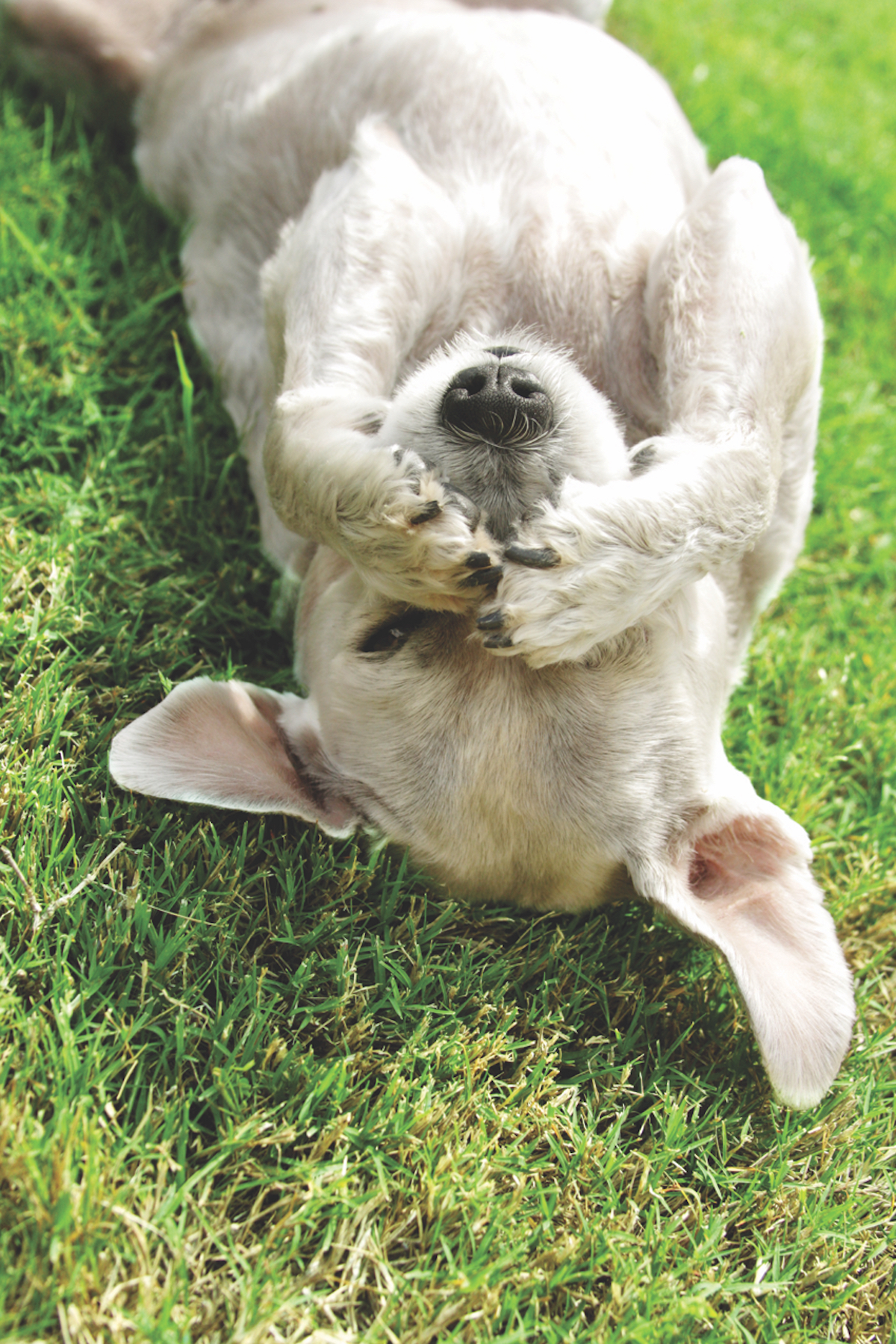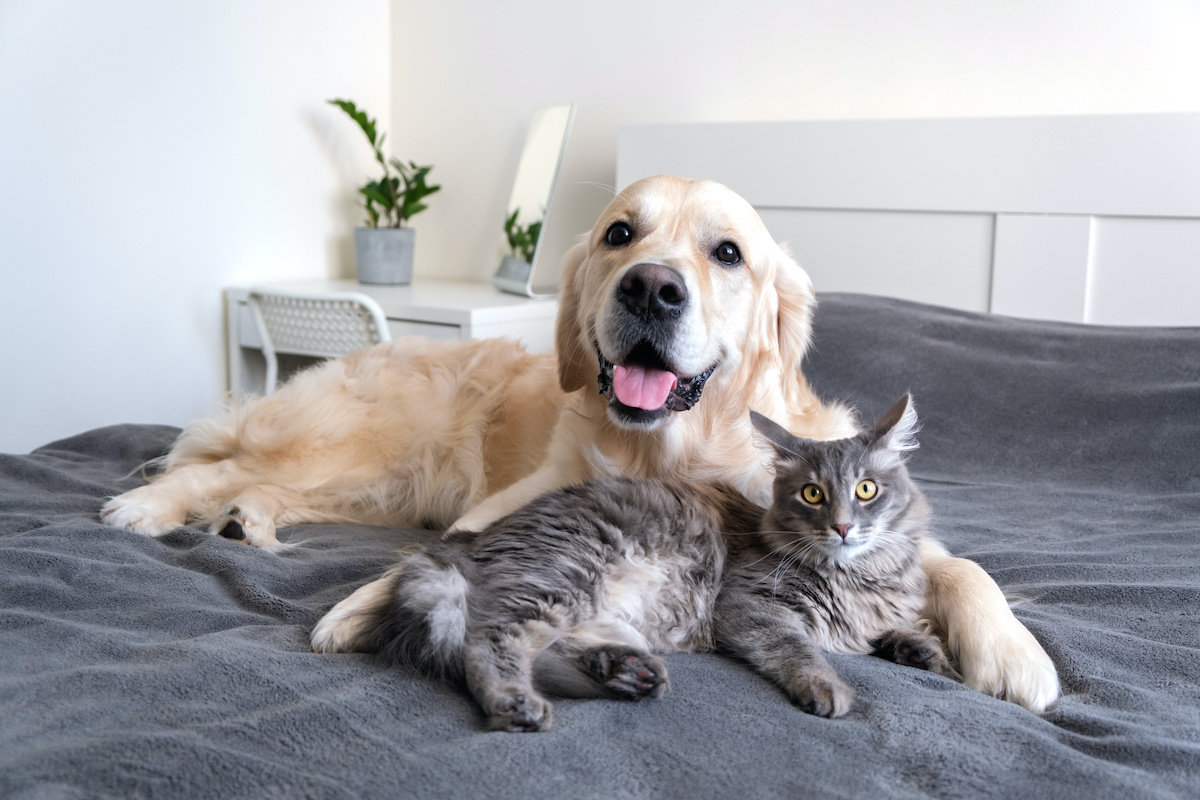By Tracie Korol
There are few words that will cause a pet lover’s heart to skip a beat more than “Your dog has cancer.” I’ve heard that sentence twice and can personally speak to the sense of helplessness one feels when your Best Friend is really sick.
Because cancer is such a frightening disease, it’s easy to panic and feel overwhelmed when presented with scary diagnoses and myriad treatment options. Here’s what I’ve learned:
Cancer is a unique state whereby the body’s healing system fails to eliminate damaged cells. It is a chronic disease, an aberration of the immune system.
While most autoimmune diseases represent a failure of the healing system from an over-active immune system, cancer represents the extreme opposite. The immune system is hypoactive (under-active) at least in regard to the tumor. Cancer is a failure of the healing system that joins with irregularities in a dog’s genetic make-up.
Each day of your dog’s life all of the genes of each cell are subjected to a barrage of toxic chemicals that have the potential to cause mutation in DNA. One category of toxic chemicals comes from within the cell. These toxic chemicals are normal by-products of daily activities within each cell. For the most part, cells have developed mechanisms for detoxifying these waste products. However, some of these toxic waste products can escape the protective mechanisms and attack the cell’s DNA.
Another category of toxic chemicals is components of the normal diet. Every diet contains plant matter. All plants have developed various chemical mechanisms to evade being eaten by their natural predators: insects, bacteria, fungus and viruses. The chemicals that are toxic to the natural predators of plants are also toxic to the living cells of your dog in many instances. Some of these naturally occurring chemicals can cause mutations in the DNA, too.
A third category of toxic chemicals is the man-made variety. There is a long list of man-made chemicals that are known to cause mutations in the DNA of cells and result in cancer. They are in our homes, clothes, yards and foods. It is becoming more and more difficult to escape them.
Viruses can also cause gene mutation. However, there are very few viruses that have been proven to cause cancer in dogs, and at this time it does not appear that viruses are a significant cause of cancer in dogs. Irradiation (the sun’s rays) can also cause cancer. Cancer caused by irradiation is uncommon in domestic animals except those individuals without pigmentation in their skin. Lifetime exposure to the sun can cause cancer on the white ears or white face of dogs, also on the tongue and gums. These are known as acquired cancers.
Inherited cancer is somewhat different. Dogs do not inherit cancer per se. Dogs (and people) inherit a susceptibility to develop cancer. Without an elaborate digression into the basics of gene theory, suffice it to say, it is possible to be stuck with an unfortunate combination of good and bad genes. (Send me a note if you want to know details.)
Unlike many other animals, dogs are susceptible to the same types of cancers for which humans are at risk. Dogs, for example, are the only non-human species in which spontaneous prostate cancer occurs. According to Texas A&M University, College of Veterinary Medicine, dogs have 35 times as much skin cancer as do humans, four times as many breast tumors, eight times as much bone cancer, and twice as high an incidence of leukemia. The only types of cancer that are more frequently seen in humans than in small animals are not surprising: lung cancer is 7 times higher in humans, and stomach/intestinal malignancies are 13 times more frequent in man than in dogs. Cancer rates increase in dogs as they age. It is the leading cause of death in dogs over 10 years.
Next time: Signs, symptoms and diagnosis.






